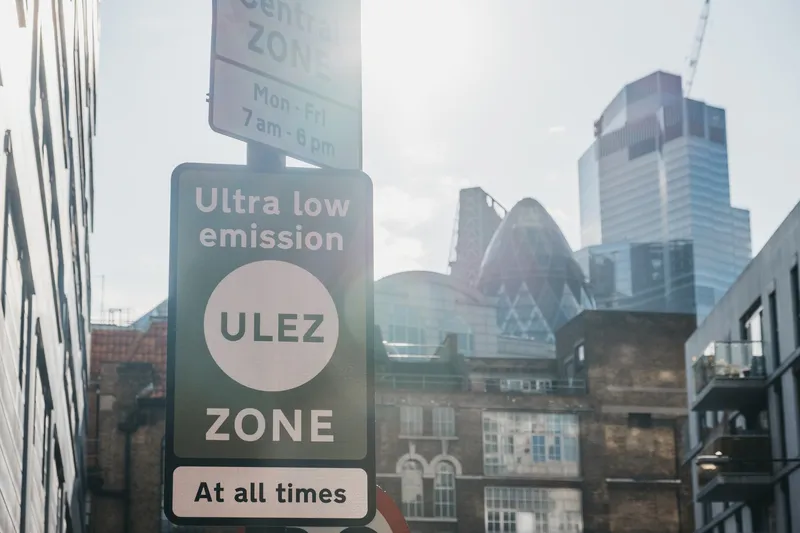Work will now commence over the next 12 months to allow the software to be deployed for service preparation activities leading up to the scheme.
The ULEZ is intended to reduce exhaust nitrogen oxide and particulate matter emissions to make the area a safer and better place to live, work and visit. It aims to be especially beneficial to younger and older people as well as those with respiratory problems and residents in high pollution areas. The reduced emissions are also said to benefit areas outside of the zone as traffic moving into the ULEZ also comes from outside of it.
Matthew Vincent, Siemens ITS, sales and marketing director, said: “As cities continue with their aspirations to improve the air quality, increasingly they need to revert to the implementation of a Clean Air Zone (CAZ) or Low Emission Zones (LEZ). Siemens is proud that its technology has been chosen in London and we look forward to working with other cities and regions in developing their own implementation of scalable LEZ/CAZ solutions that support their local needs”.
Siemens to develop infrastructure for London's ULEZ
Siemens will develop software for London’s Ultra Low Emission Zone (ULEZ) with the intention of ensuring that the necessary infrastructure is in place for when it goes live in April 2019. The zone will require vehicles, barring some exceptions, to meet exhaust emissions standards or pay a daily charge when travelling into central London.
Work will now commence over the next 12 months to allow the software to be deployed for service preparation activities leading up to the scheme.
The ULEZ is intended
March 14, 2018
Read time: 2 mins









